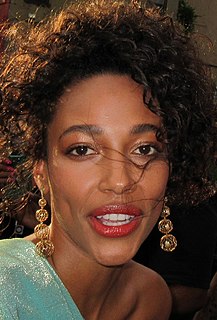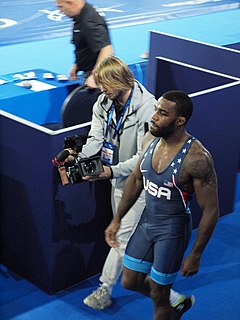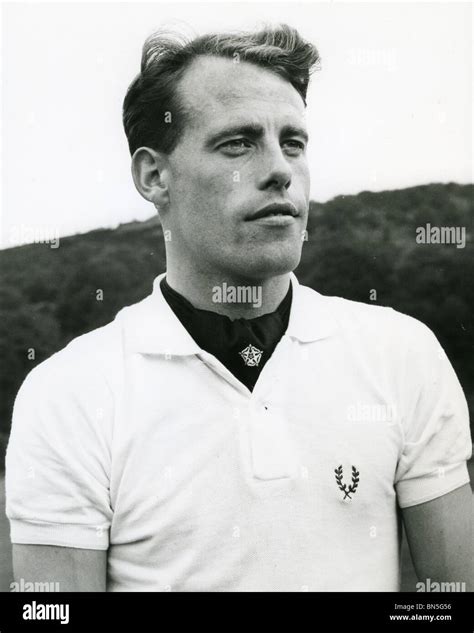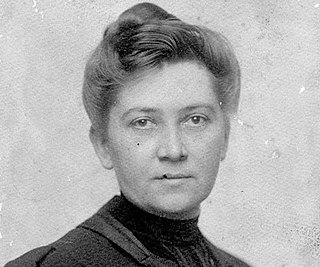A Quote by Julia Glass
To me, stretching the capabilities of my imagination is a crucial aspect of writing fiction; you could think of it as a mental form of athleticism.
Related Quotes
Fiction is not imagination. It is what anticipates imagination by giving it the form of reality. This is quite opposite to our own natural tendency which is to anticipate reality by imagining it, or to flee from it by idealizing it. That is why we [Europeans] shall never inhabit true fiction; we are condemned to the imaginary and nostalgia for the future.
Good writing is good writing. In many ways, it’s the audience and their expectations that define a genre. A reader of literary fiction expects the writing to illuminate the human condition, some aspect of our world and our role in it. A reader of genre fiction likes that, too, as long as it doesn’t get in the way of the story.
There are many other writers whose work I admire tremendously, but none whose work struck me at just the right young age. Jack Vance taught me that speculative fiction, science fiction, could be wonderfully and liberatingly stylistic. It didn't have to be pulp stuff. He really changed my writing and my view of science fiction, so if nothing else, my little homage to him in the novelette I wrote for that anthology is my thank-you to him. He helped me see that any genre can have excellent writing in it.
When everything does seem out of control, writing fiction is a way I can order that chaos and restore some sort of meaning. I like the playful aspect of writing fiction. You know how it is when we are kids and we make up our worlds: You be this guy, and I am going to be this guy, and we are going to go slay dragons.






































